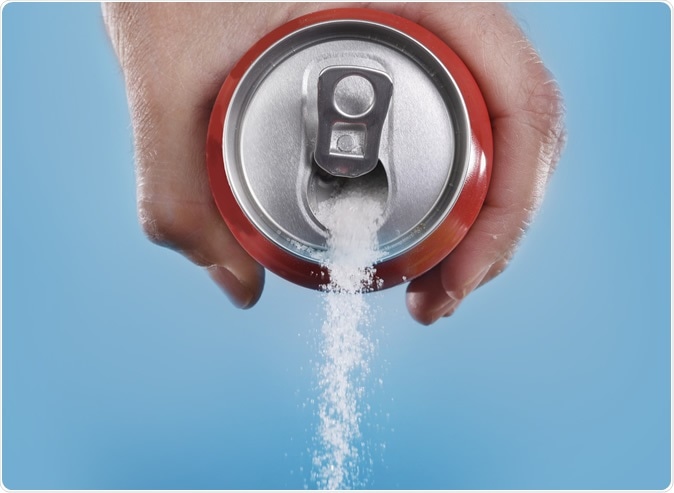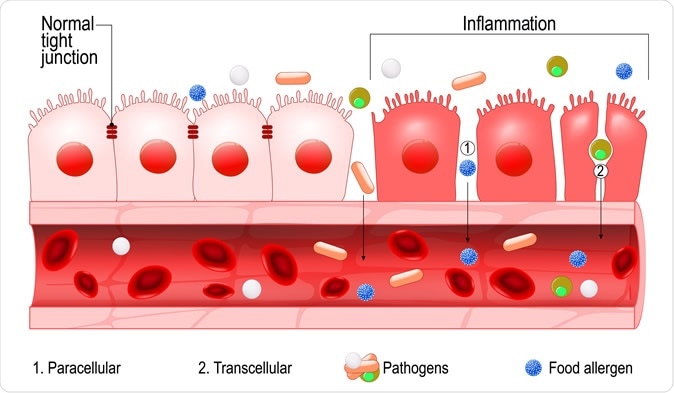
Do you want to live longer? You may want to ditch drinking soft drinks, a new study says.
Drinking carbonated drinks such as soft drinks, sodas and colas has long been dubbed as unhealthy, with all the added sugar they contain. Now, a new study added new information on the bad effects of soft drinks to the health.
A team of researchers at the Nutrition and Cancer group of the Catalan Institute of Oncology (ICO) and the Bellvitge Biomedical Research Institute (IDIBELL) found that drinking two or more glasses a day of sugar-sweetened or artificially sweetened soft drinks has been linked to an increased risk of death from all causes. Subsequently, drinking soft drinks more frequently has been associated with deaths from digestive and circulatory diseases.
However, the researchers did not find any link between consuming soft drinks and cancer mortality or cancer-related death. None of the participants had diabetes, cancer, stroke, or heart disease before being involved in the study.
The study, titled 'Association Between Soft Drink Consumption and Mortality in 10 European Countries' and published in JAMA, involved more than 450,000 individuals from ten European countries for about 19 years. It looked at the effects of drinking soda or carbonated drinks on the health.
It has been previously known that high blood sugar and taking too much sugar in the diet can impair the gut barrier, leading to a condition called “leaky gut”. As a result, the gut immune system will induce intestinal inflammation, increasing the vulnerability of the person to gut infections. Hence, drinking drinks with added sugars can boost susceptibility to digestive disorders.

In the study, the researchers defined soft drinks as beverages that fizzy soft drinks like cola and lemonade, fruit squash or cordials, and low-calorie or diet fizzy soft drinks, that are all non-alcoholic concentrated syrups normally mixed with water and sugar.
Also, they defined that one glass of soft drink is equivalent to 250 milliliters or 8 fluid ounces. Across the globe, a typical can of soda contains 12 fluid ounces or 355 milliliters of drink.
The main results of the study, dubbed as the EPIC study (European Proactive Investigation into Cancer and Nutrition), shows that there were a total of 41,693 deaths in the 16-year follow up. The researchers collected data about soft drink consumption through a nutrition and diet questionnaire between 1992 and 2000.
Study implications
The study is important in the society today, since many people are fond of drinking sugary drinks, including soft drinks or soda. Strict regulations should be imposed by health officials on the public, to reduce the consumption of these drinks, especially that many studies have already linked its bad effects to the health.Further, the study findings can help support ongoing public health measures to reduce the consumption of soft drinks. Soft drinks are frequently consumed by people of all ages, but whether this consumption is linked with high risk of premature death has not been known, not until now.
The study, however, just like other studies on the link between sugary drink consumption and health risks is observational. It cannot entirely show any cause and effect. The researchers note that there is a major limitation and it’s impossible to determine if the health effect is associated with the use of artificial sweeteners, obesity, diabetes, a type of beverage, or an underlying health condition.
How to cut back on sugary drinks
Whether there is an association or not, if you decide to cut back on your soft drink consumption, you can ditch the habit by cutting back correctly. If you find it hard to remove the habit immediately, you can taper the consumption. For instance, you can aim for one drink every other day or drinking just one serving a day. In the long run, you can already remove the habit entirely.There are also fizzy drinks that are not mixed with sugar or artificial sweetener, such as sparkling water or a fruit juice alternative. If you are decided to remove the habit, figure out what the habitual trigger it and replace it with healthier habits. For instance, if you crave for sweets, instead of drinking fizzy sugary drinks, eat a fruit instead.
Journal reference:
Mullee, A., Romaguera, D., Pearson-Stuttard, J. (2019). Association Between Soft Drink Consumption and Mortality in 10 European Countries. JAMA Internal Medicine. https://jamanetwork.com/journals/jamainternalmedicine/article-abstract/2749350?resultClick=1






No comments
Post a Comment